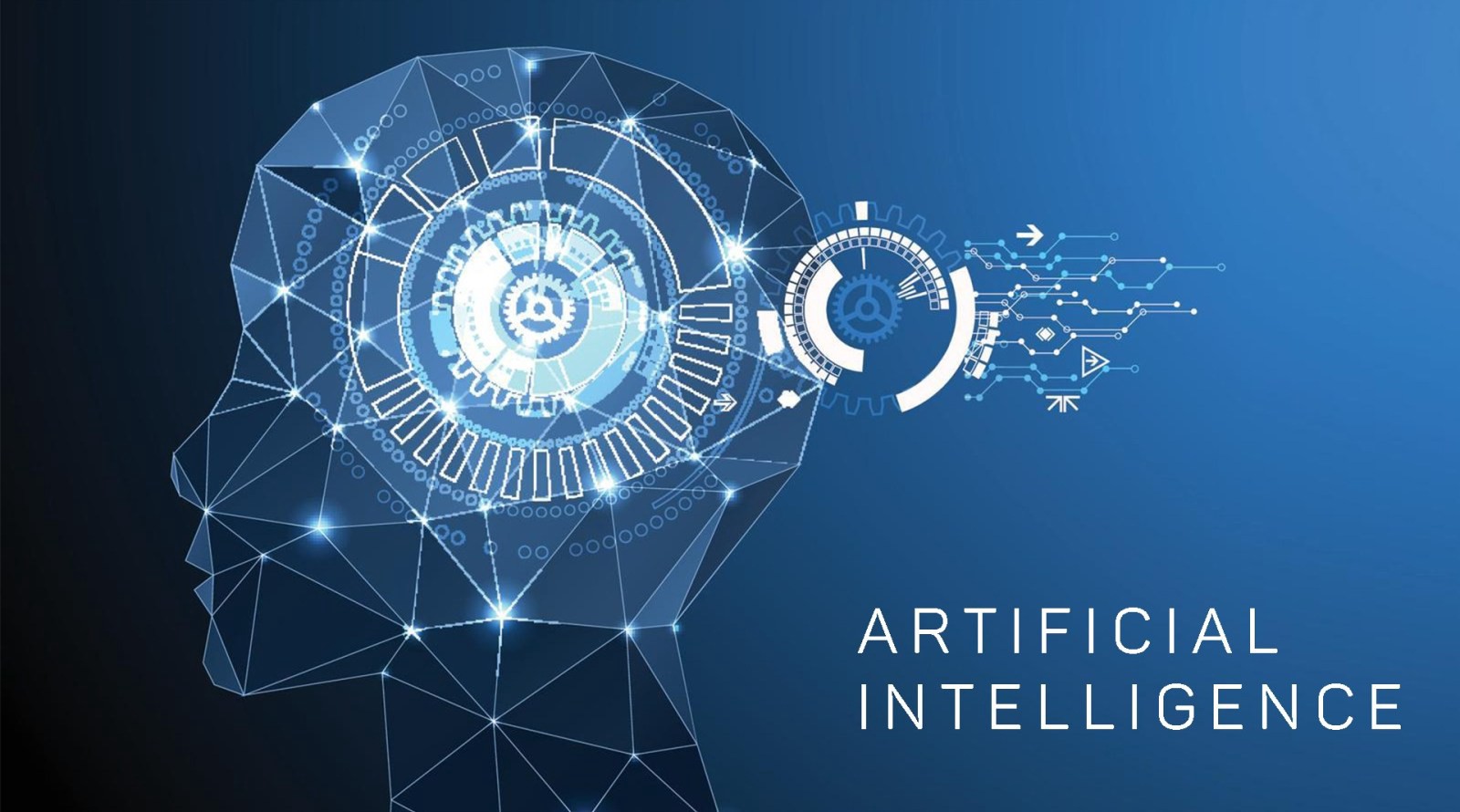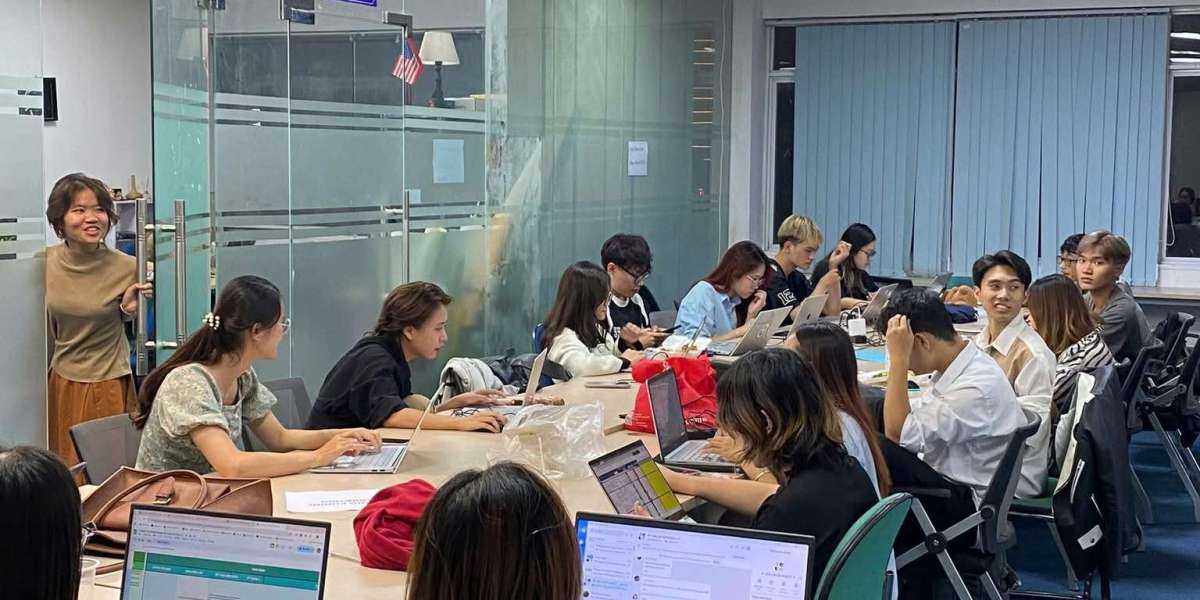Lower-cost AI tools could improve jobs by giving more employees access to the innovation.
- Companies like DeepSeek are developing inexpensive AI that could assist some workers get more done.
- There might still be threats to employees if employers turn to bots for easy-to-automate tasks.
Cut-rate AI might be shaking up market giants, however it's not likely to take your job - at least not yet.
Lower-cost approaches to developing and training synthetic intelligence tools, from upstarts like China's DeepSeek to heavyweights like OpenAI, will likely permit more individuals to latch onto AI's efficiency superpowers, market observers told Business Insider.
For numerous employees fretted that robots will take their tasks, that's a welcome advancement. One scary prospect has been that discount rate AI would make it simpler for employers to switch in cheap bots for expensive people.
Naturally, that could still occur. Eventually, the innovation will likely muscle aside some entry-level workers or those whose roles largely consist of repeated jobs that are simple to automate.
Even higher up the food cycle, staff aren't necessarily devoid of AI's reach. Salesforce CEO Marc Benioff stated this month the company might not employ any software engineers in 2025 since the company is having a lot luck with AI representatives.
Yet, broadly, for lots of employees, lower-cost AI is likely to expand who can access it.
As it becomes more affordable, it's much easier to incorporate AI so that it ends up being "a sidekick instead of a danger," Sarah Wittman, an assistant teacher of management at George Mason University's Costello College of Business, told BI.
When AI's rate falls, she said, "there is more of an extensive acceptance of, 'Oh, this is the method we can work.'" That's a departure from the state of mind of AI being a costly add-on that companies might have a tough time validating.
AI for all

Cheaper AI could benefit employees in areas of an organization that frequently aren't viewed as direct revenue generators, Arturo Devesa, primary AI architect at the analytics and data business EXL, chessdatabase.science told BI.
"You were not going to get a copilot, maybe in marketing and HR, and now you do," he said.

Devesa stated the course shown by business like DeepSeek in slashing the cost of developing and executing large language models changes the calculus for employers choosing where AI may pay off.
That's because, for most large companies, such decisions aspect in cost, engel-und-waisen.de precision, nerdgaming.science and speed. Now, with some costs falling, the possibilities of where AI could appear in a work environment will mushroom, Devesa stated.
It echoes the axiom that's all of a sudden everywhere in Silicon Valley: "As AI gets more efficient and available, we will see its use skyrocket, turning it into a commodity we simply can't get enough of," Microsoft CEO Satya Nadella composed on X on Monday about the so-called Jevons paradox.
Devesa stated that more efficient employees won't necessarily minimize need for oke.zone people if companies can establish brand-new markets and new sources of income.
Related stories
AI as a product
John Bates, CEO of software application company SER Group, told BI that AI is ending up being a product much quicker than expected.
That indicates that for tasks where desk workers might require a backup or someone to double-check their work, inexpensive AI might be able to step in.

"It's great as the junior understanding employee, the important things that scales a human," he said.
Bates, a previous computer system science professor at Cambridge University, stated that even if a company already prepared to utilize AI, the reduced costs would improve return on financial investment.
He also said that lower-priced AI could offer little and medium-sized services easier access to the innovation.
"It's simply going to open things approximately more folks," Bates said.
Employers still require humans

Even with lower-cost AI, people will still have a place, said Yakov Filippenko, CEO and creator of Intch, which assists experts find part-time work.
He stated that as tech firms compete on cost and drive down the expense of AI, many employers still won't be eager to remove employees from every loop.
For example, Filippenko stated business will continue to need developers since someone has to confirm that new code does what a company wants. He stated companies hire recruiters not just to complete manual work; employers also want a recruiter's opinion on a candidate.
"They pay for trust," Filippenko stated, describing companies.
Mike Conover, oke.zone CEO and founder of Brightwave, a research platform that utilizes AI, informed BI that a good chunk of what people perform in desk tasks, in particular, includes tasks that could be automated.
He stated AI that's more commonly readily available because of falling expenses will allow human beings' creative capabilities to be "maximized by orders of magnitude in terms of the elegance of the problems we can fix."
Conover believes that as costs fall, AI intelligence will also infect much more areas. He said it's akin to how, years back, the only motor in an automobile might have been under the hood. Later, as electrical motors shrank, they appeared in locations like rear-view mirrors.
"And now it's in your tooth brush," Conover said.
Similarly, Conover stated universal AI will let experts produce systems that they can customize to the needs of jobs and workflows. That will let AI bots deal with much of the dirty work and enable employees happy to explore AI to take on more impactful work and larsaluarna.se possibly shift what they have the ability to concentrate on.







